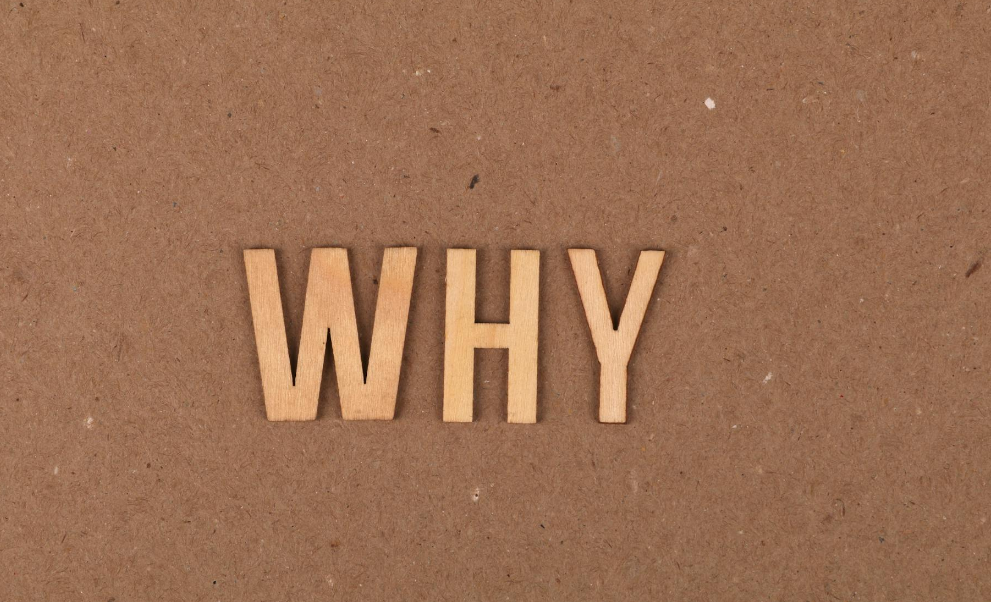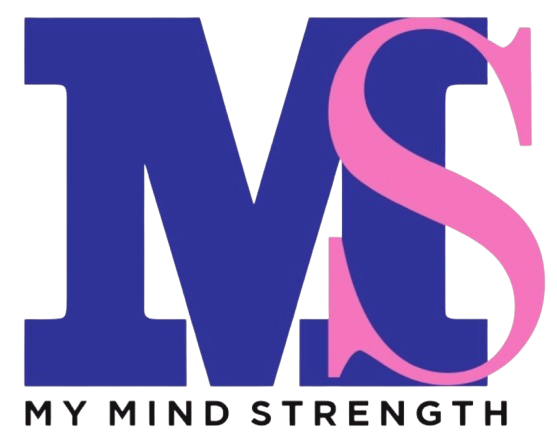The Hidden Depths of Everyday Expressions
Understand
In our fast-paced world, we often overlook the significance of the words we use and hear every day. Phrases like “just kidding,” “I don’t know,” “I don’t care,” and “it’s okay” may seem trivial on the surface, but as Mochi aptly points out, there is often a wealth of truth, knowledge, emotion, and pain lurking behind these seemingly simple statements.
The Truth Behind “Just Kidding”
When someone says “just kidding,” it’s easy to dismiss it as a light-hearted joke. However, this phrase often masks deeper feelings. It can be a way to deflect vulnerability or to soften the impact of a truth that might be too harsh to say outright. By understanding this, we can foster deeper connections and encourage open conversations, allowing others to express their true feelings without fear of judgment.
The Knowledge in “I Don’t Know”
The phrase “I don’t know” is frequently uttered in conversations, yet it is often misunderstood. It can signify humility, an acknowledgment of limitations, or even a desire to learn more. When someone admits they don’t have all the answers, it opens the door to dialogue and discovery. Instead of brushing off this admission, let’s embrace it as an opportunity for growth and understanding.
The Emotions Behind “I Don’t Care”
When we hear “I don’t care,” it may seem like indifference, but it often conceals a complex web of emotions. This phrase can be a defense mechanism, a way to protect oneself from hurt or disappointment. Recognizing the underlying emotions can help us approach conversations with empathy and compassion, allowing for a more supportive environment where individuals feel safe to express their true feelings.

The Pain in “It’s Okay”
Finally, “it’s okay” might come across as reassurance, but it can also signify unspoken pain. People often say this to comfort others while suppressing their own feelings. By acknowledging the potential hurt behind this phrase, we can create spaces for healing and understanding, encouraging individuals to share their struggles rather than hide them.
In our daily interactions, we must remember that words carry weight. By paying attention to the nuances behind common phrases, we can cultivate empathy and deepen our connections with others. So, the next time you hear someone say these words, take a moment to consider the emotions and thoughts they may be concealing. After all, understanding the significance of what is said—and what is left unsaid—can lead to richer, more meaningful relationships.
Discover more from mindstrengthorg.in
Subscribe to get the latest posts sent to your email.

The Lost Art of Common Courtesy:.
How Acknowledging Others Can Strengthen Relationships There was a time when good manners were not just.
Read More
Embracing the Unanswered Whys
Transforming Questions into Growth and Connection Life often feels like a complex puzzle, with pieces that.
Read More

0 Comments
Very nice
Thanks
This post is a great call to action for all of us to listen more closely and respond with greater empathy. We often miss the hidden meanings in everyday language, and this perspective is eye-opening. Great post!👍
Thanks
👏🤝🌷
The answers all need more explaining. The trick is how you get it. I did the same when I was suffering from chronic pain, I got tired of talking about it, saying the same thing over and over. All answers are easy to come out of your mouth. Great post.
Thanks
Insightful essay. Words do matter. Very much.
Thanks